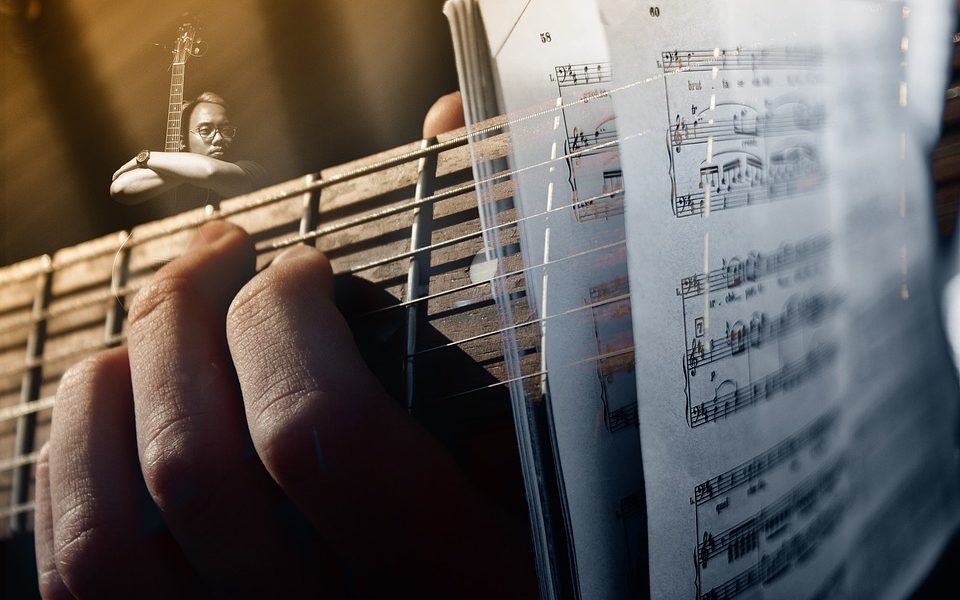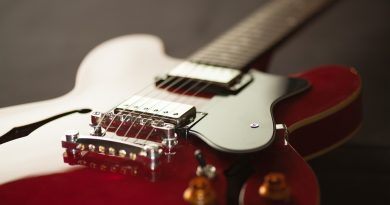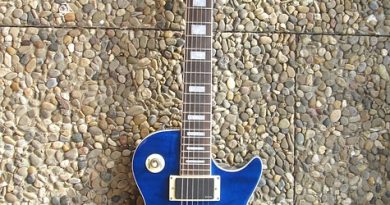Master the Basics: Essential Guitar Chords Every Player Should Know
Master the Basics: Essential Guitar Chords Every Player Should Know
As a guitarist, mastering the basics of playing chords is essential to becoming a skilled player. Chords are the foundation of music, and knowing how to play them correctly and confidently is crucial for any guitarist. In this article, we will explore some of the essential guitar chords that every player should know in order to improve their skills and play a variety of songs.
1. What are Guitar Chords?
Before we dive into the essential guitar chords, let’s first understand what chords are. In music, a chord is a group of three or more notes played together to create harmonies. On the guitar, chords are formed by placing fingers on the fretboard to press down on specific strings and create different combinations of notes. By learning different chord shapes and finger placements, you can play a wide range of musical styles and songs.
2. Open Chords
Open chords are some of the most basic and commonly used chords in guitar playing. These chords are played using open strings and typically involve a combination of fretted notes and open strings. Some of the essential open chords every guitarist should know include:
– A Major: This chord is played by placing the index, middle, and ring fingers on the second fret of the D, G, and B strings, respectively.
– D Major: Place the index finger on the second fret of the G string, the ring finger on the third fret of the B string, and the middle finger on the second fret of the high E string.
– E Major: Form this chord by placing the index finger on the first fret of the G string, the middle finger on the second fret of the A string, and the ring finger on the second fret of the D string.
– G Major: Place the ring finger on the third fret of the high E string, the middle finger on the second fret of the A string, and the index finger on the second fret of the D string.
By mastering these open chords, you will be able to play countless songs and begin to develop your skills as a guitarist.
3. Barre Chords
Barre chords are a bit more challenging than open chords but are essential for expanding your chord vocabulary and playing more complex songs. Barre chords involve using one finger to press down on multiple strings across the fretboard, creating a full-sounding chord. Some essential barre chords include:
– E Major Barre Chord: Place the index finger across all six strings on the first fret, then form an E major shape with the ring, middle, and pinky fingers on the third fret of the A, D, and G strings.
– A Major Barre Chord: Place the index finger across all six strings on the fifth fret, then form an A major shape with the ring, middle, and pinky fingers on the seventh fret of the D, G, and B strings.
– F Major Barre Chord: Barre the first fret with the index finger, then form an F major shape with the ring, middle, and pinky fingers on the third fret of the D, G, and B strings.
Mastering barre chords can be challenging at first, but with practice and patience, you will be able to play a wider range of songs and improve your overall guitar skills.
4. Power Chords
Power chords are versatile and widely used in rock and metal music. They are simple two-note chords that consist of the root note and the fifth note of the scale. Power chords are played on the lower strings of the guitar and can be moved up and down the fretboard to play different chords. Some essential power chords include:
– A5 Power Chord: Place the index finger on the fifth fret of the low E string and the ring finger on the seventh fret of the A string.
– G5 Power Chord: Place the index finger on the third fret of the low E string and the ring finger on the fifth fret of the A string.
– D5 Power Chord: Place the index finger on the fifth fret of the A string and the ring finger on the seventh fret of the D string.
Power chords are easy to play and add a powerful sound to your playing. By mastering these chords, you can play a variety of rock and metal songs with ease.
5. Conclusion
Learning and mastering essential guitar chords is vital for any guitarist looking to improve their skills and play a wide range of music. By starting with open chords, moving on to barre chords, and incorporating power chords into your playing, you can expand your chord vocabulary and become a more versatile guitarist. Practice regularly, experiment with different chord progressions, and don’t be afraid to try new things. With dedication and perseverance, you will master the basics and become a confident and skilled guitarist.






